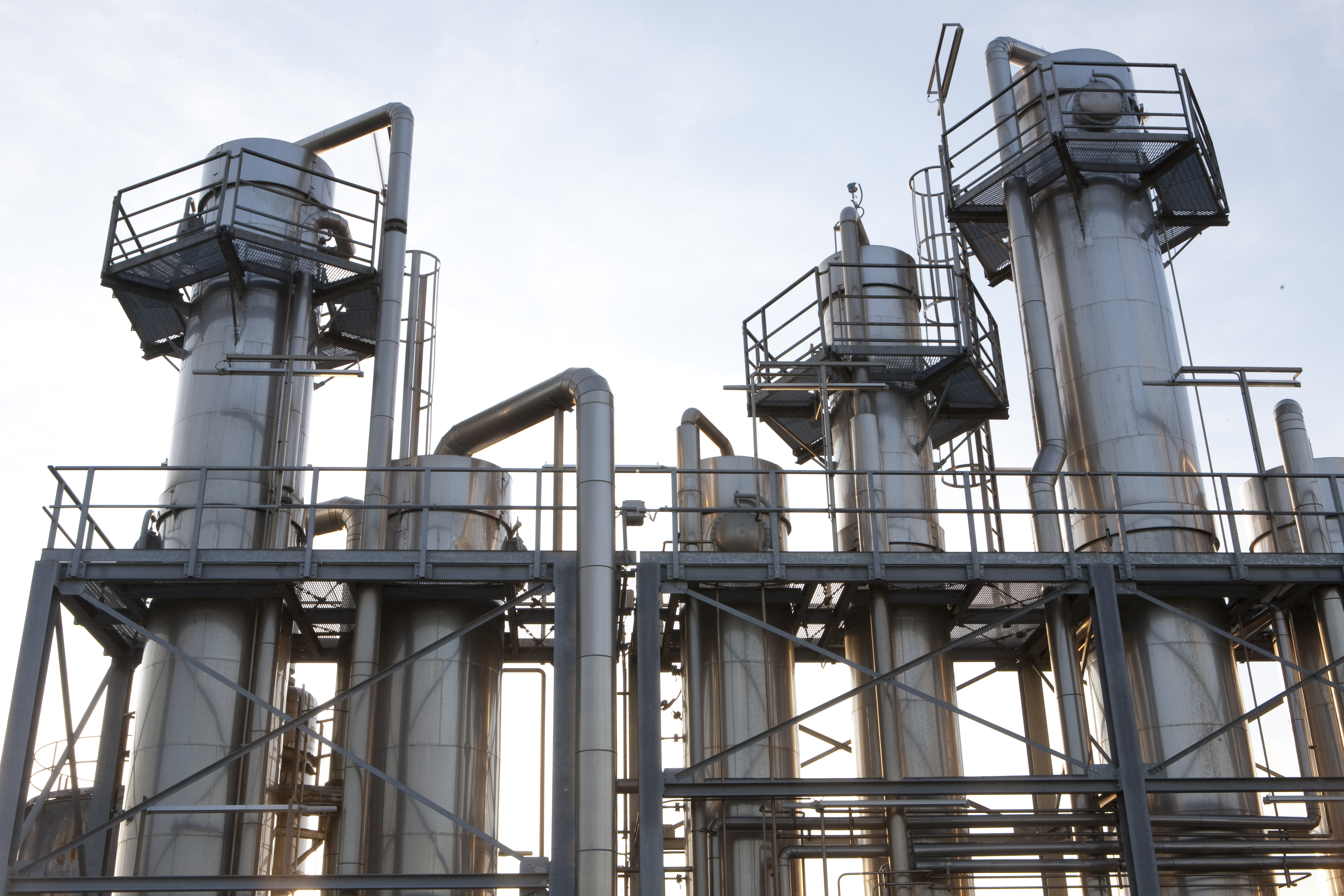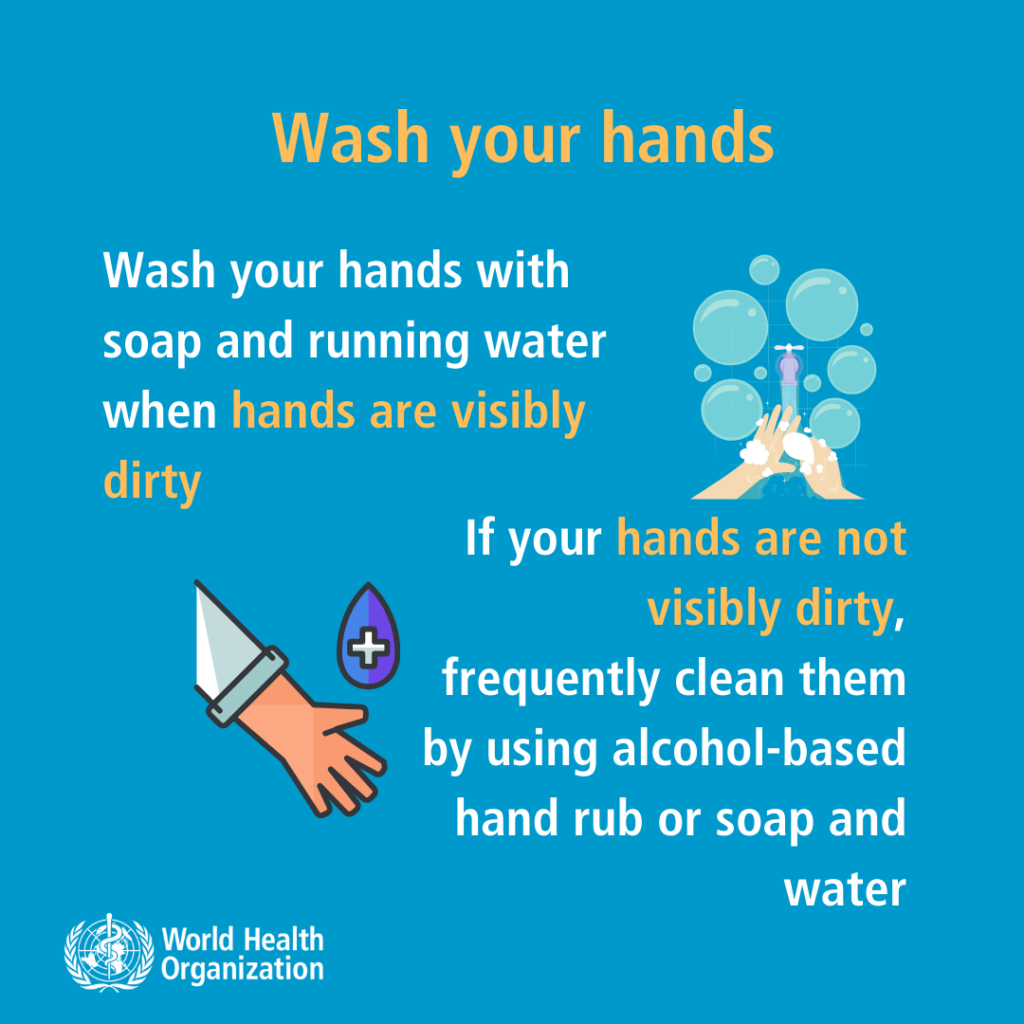
The start of 2020 has seen the development of an unheard-of situation in modern world history. The spread of the pandemic caused by the SARS-CoV-2 virus has been exceptionally quick, bringing most world governments, particularly western ones, to apply severe lockdown rules and social isolation to limit its grim effects. Travel, both inside and outside countries, and social interactions have been greatly limited, and the only productive and commercial business left running are those deemed “essential”.
Among the adopted measures, the most important ones have been maybe those regarding the precautions that any individual can take to protect himself and his loved ones. Given the characteristic of the virus to be transported outside the ill person’s body through coughing, sneezing or simply nebulized saliva droplets and to survive on surfaces for several hours, rigorous protocols and guidelines have been imposed to reduce the risks of contracting Covid-19.

The most effective actions are the use of face masks to protect mouth and nostrils, and the frequent hand washing, particularly after having touched improperly sanitized surfaces. The Health Ministry and the World Health Organization have advised to wash hands with water and soap only if visibly dirty, encouraging instead to use alcoholic solutions in other cases.
This has brought to mass purchases of commonly sold disinfectant products, with resulting shortages and difficulties in procuring the main raw material: ethyl alcohol. A scene that has repeated itself not only in Italy but in many countries has been the request, quickly approved by the governments, to suspend the excise duty on non-denatured alcohol normally used in the food industry to be able to use that product in the exceptional manufacture of hand sanitizers.
The Randi Group has contributed to this value chain with the supply of great quantities of ethyl alcohol to businesses specialized in the production of sanitizers all over the world, thanks to its companies in Italy, Spain, Australia and Argentina.
In Italy, Villapana has supplied about 300.000 liters (and counting) of ethyl alcohol, in Australia Australian Tartaric Products has supplied about 300.000 liters as well (in this article the story of a collaboration between ATP and a small gin distillery in Mildura, where the company is located). The same scenario repeated itself in Spain and Argentina, where La Alcoholera de la Rioja and Tecnotar dedicated part of their production to this goal. All this without speculating on such a serious health crisis by applying out-of-the-market prices, as sadly has happened in other cases.
This has been a small contribution that the Randi Group has given to business on the front lines of the war against the virus SARS-CoV-2, hoping in a quick solution to the emergency.
The recipe suggested by the WHO to prepare 10 liters of do-it-yourself hand sanitizer calls for: 8,3 liters of 96% ethyl alcohol, 420 ml of 3% hydrogen peroxide and 145 ml of 98% glycerol, topping it up to 10 liters with distilled (or sterilized through boiling) water.


